| Model: | MOS 16595-80-5 |
| Place of Origin: | Zhejiang,China (Mainland) |
| Molecular Formula: | C11H13ClN2S |
| Specification: | CP/USP/EP |
| Appearance: | White to light yellow crystalline powder |
| Molecular weight: | 240.75 |
| Specific rotation: | -128 º (c=5, H2O) |
| Refractive index: | -126 ° (C=1, H2O) |
- Have any questions?
- +86-189 8930 5995
- sales@mosinterchem.com.cn
Levamisole Hydrochloride CAS 16595-80-5

Tesofensine CAS 402856-42-2
04/12/2018
Albendazole CAS 54965-21-8
04/12/2018Levamisole Hydrochloride (CAS: 16595-80-5)
Levamisole hydrochloride is a drug that can be used to treat certain cancers and a kidney disorder in children
called nephrotic syndrome. Animals with worm infestations may also receive the drug, but it is not used for
this purpose in humans. Some serious side effects are associated with levamisole hydrochloride use, which
include immune suppression, damage to the nervous system and depression of the efficiency of bone marrow in the body.
When used to treat cancer, levamisole hydrochloride can potentially slow down the growth of the cancer cells and
prevent them from spreading. Cancers that may react favorably are malignant melanoma and a colon cancer called
Dukes Stage C, but only in certain conditions. For melanoma, the primary tumor has to have been surgically removed,
and no evidence of spread must exist. For Dukes colon cancer, the initial tumor must be removed, along with any
localized lymph node spread, and no widespread cancer must be present. Commonly, the drug is an accompaniment
with another anticancer drug for these conditions.
As well as these cancers, levamisole hydrochloride may also form part of a treatment for nephrotic syndrome in
children. This syndrome means that a child’s kidneys do not work properly; corticosteroids are a typical treatment
for this condition. Sometimes, though, the disease becomes immune to the effects of the steroids, and levamisole
can help to alleviate the symptoms.
In the veterinary field, levamisole hydrochloride is classified as an antihelminth, which means that it can clear worm
infections. It does this by paralyzing the worms inside the body so they cannot anchor themselves into tissue, and so
are pushed out of the intestinal tract along with feces. The drug is not used for this purpose in humans.
Allergic reactions are possible with levamisole hydrochloride, and these can be so severe that the face swells up and
the airways close over, preventing adequate breathing. Levels of cells in the blood, and cells in the bone marrow, can
drop below healthy levels. This can make the patient using the drug more prone to infections and symptoms like chills
and tiredness. Kids with nephrotic syndrome, especially, are typically monitored for signs of blood or bone marrow
problems throughout the treatment.
The drug can also affect the nervous system, and produce issues like weakness in the muscular system, mental confusion
and seizures. More commonly, though, patients experience less severe problems like vomiting, itchy skin and ulcers in the
mouth. People who may not be suitable candidates for levamisole treatment include those with liver problems, those who
take warfarin, and those who take phenytoin medications
You must be logged in to post a review.
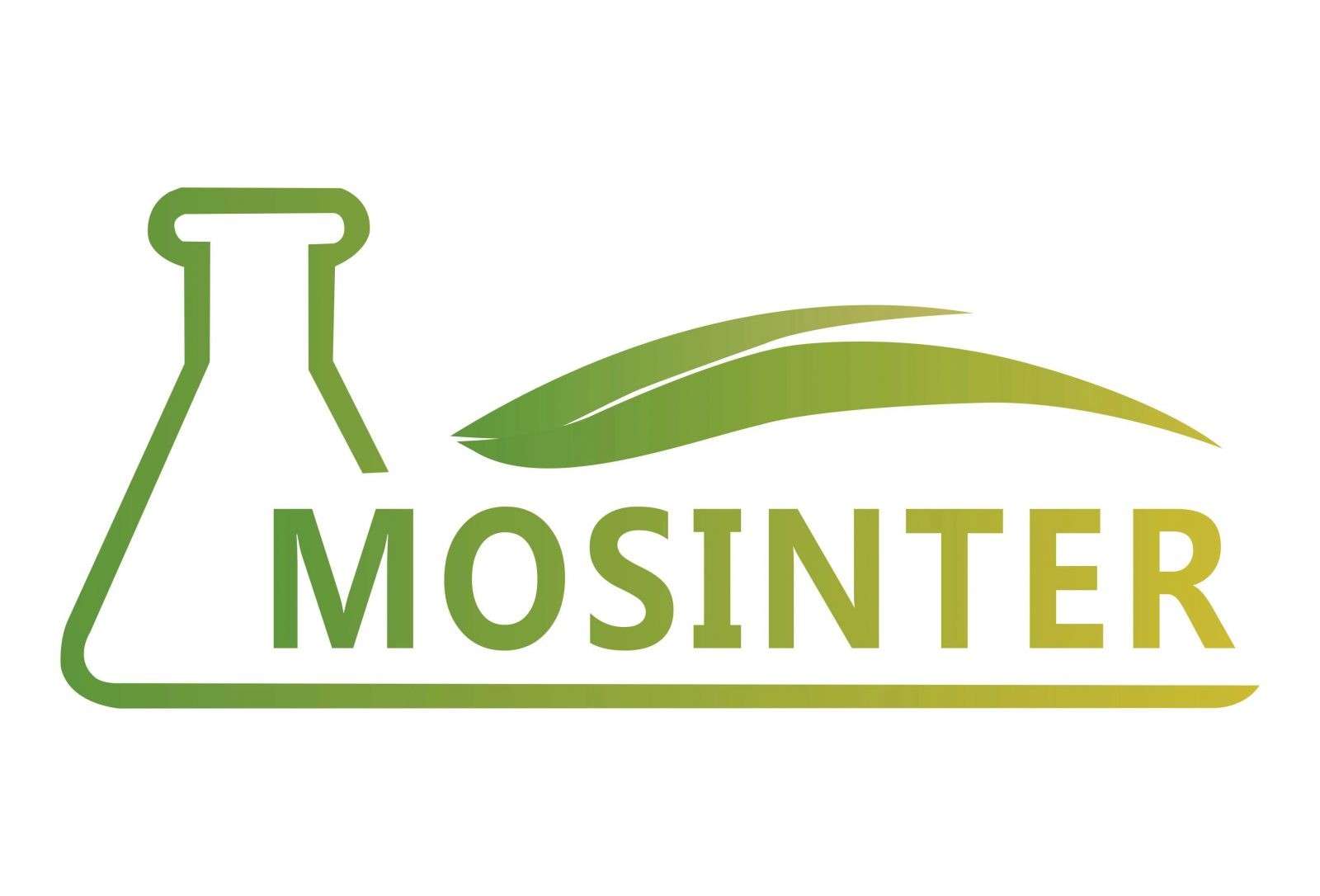
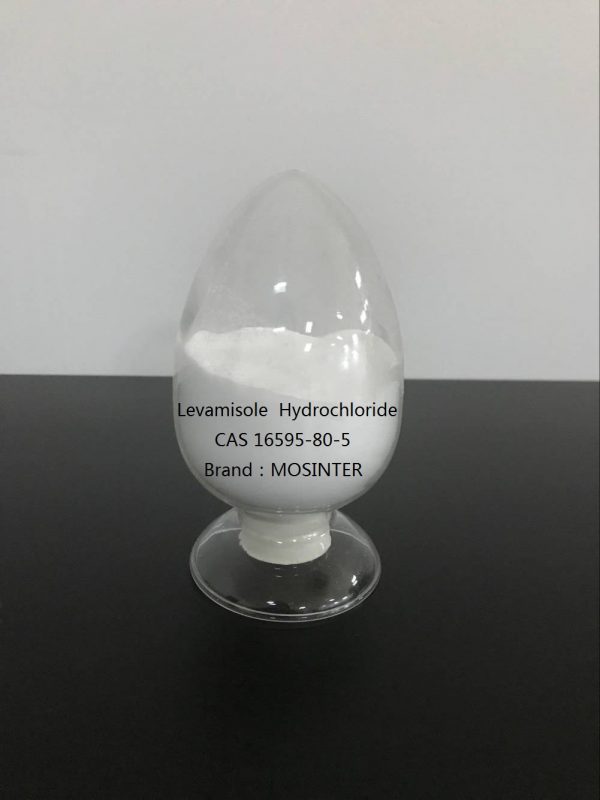
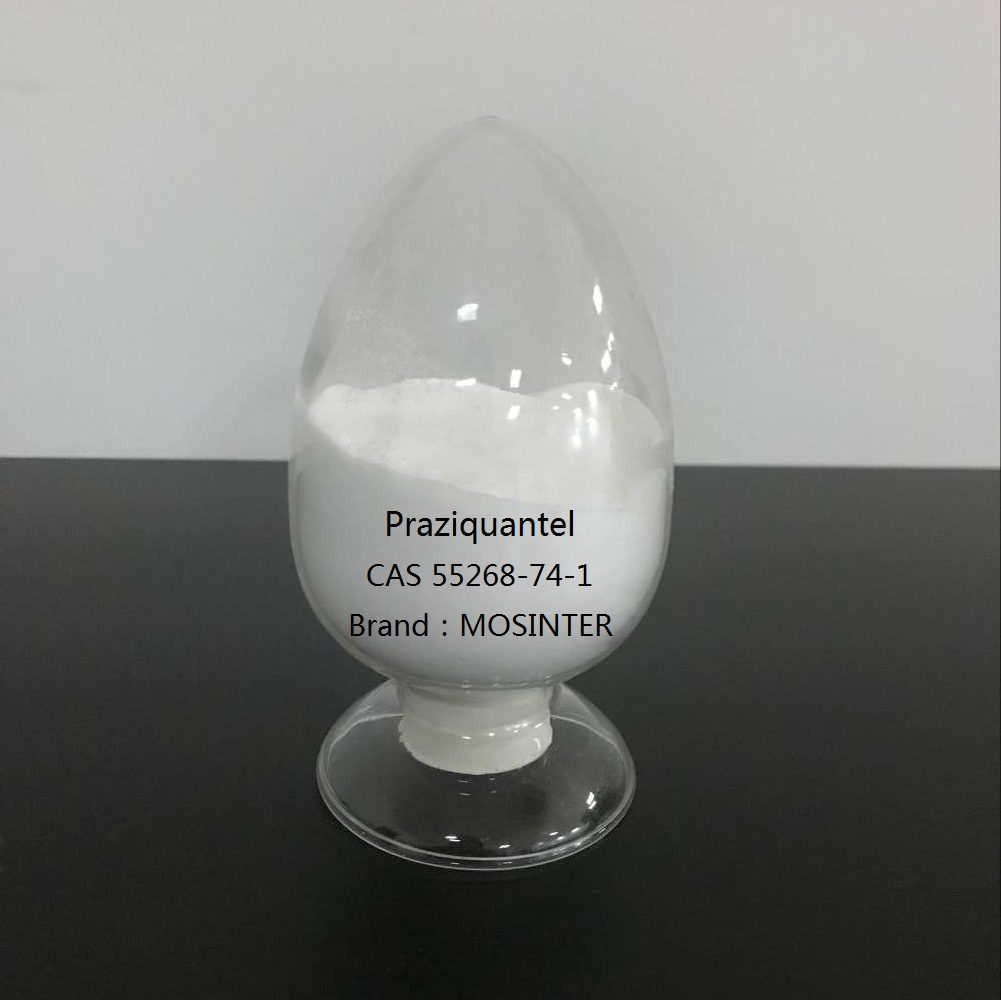
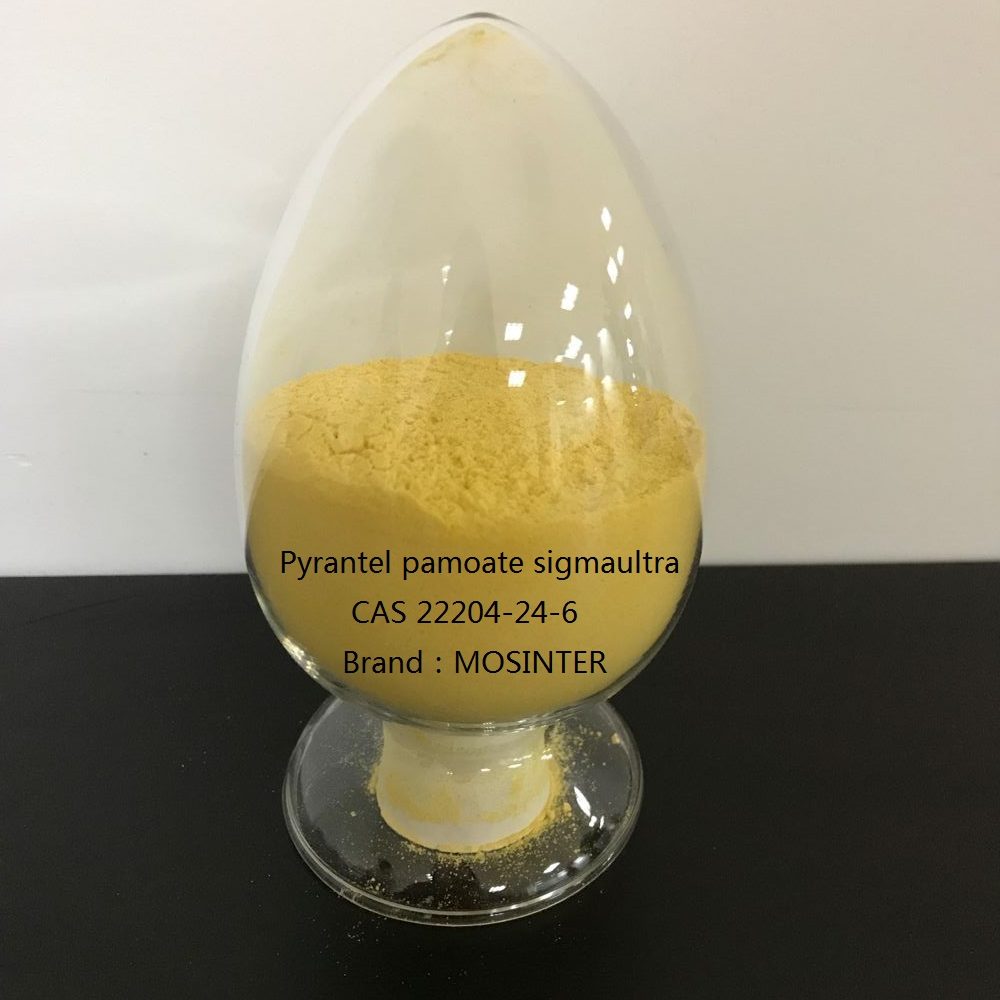
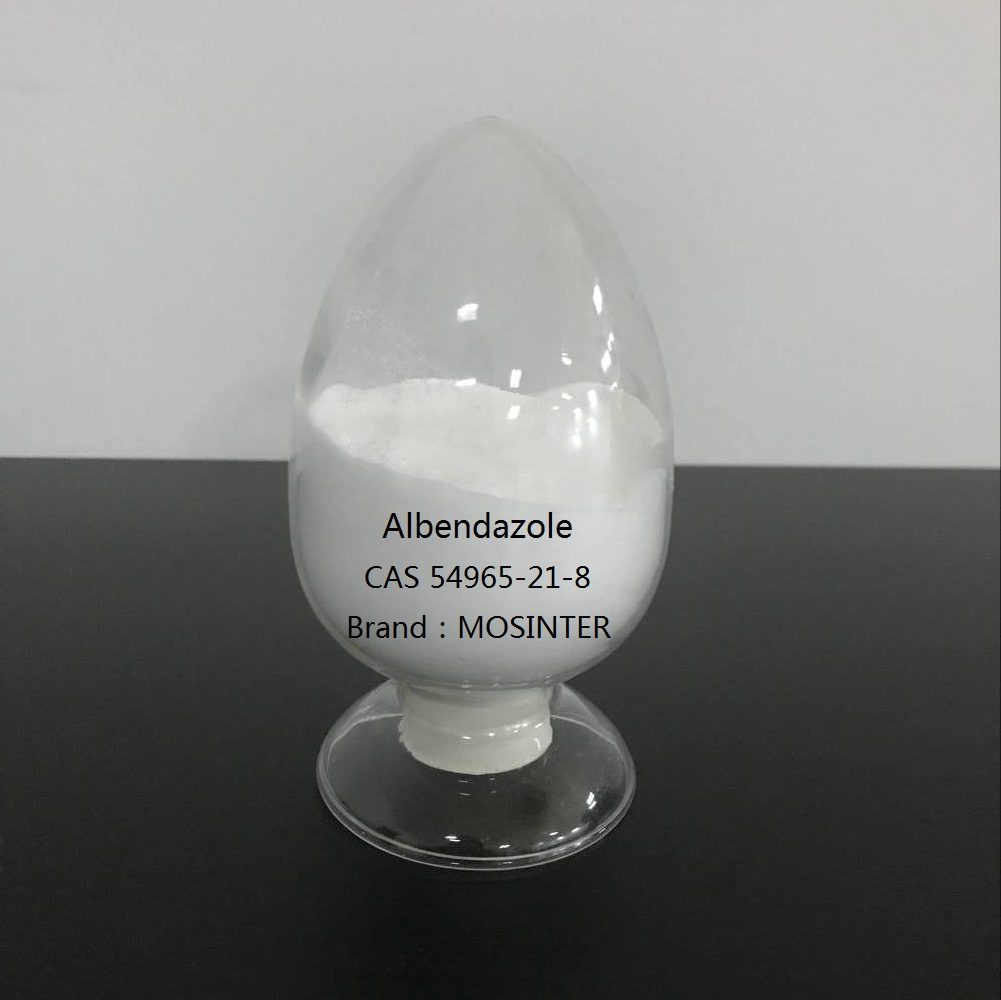
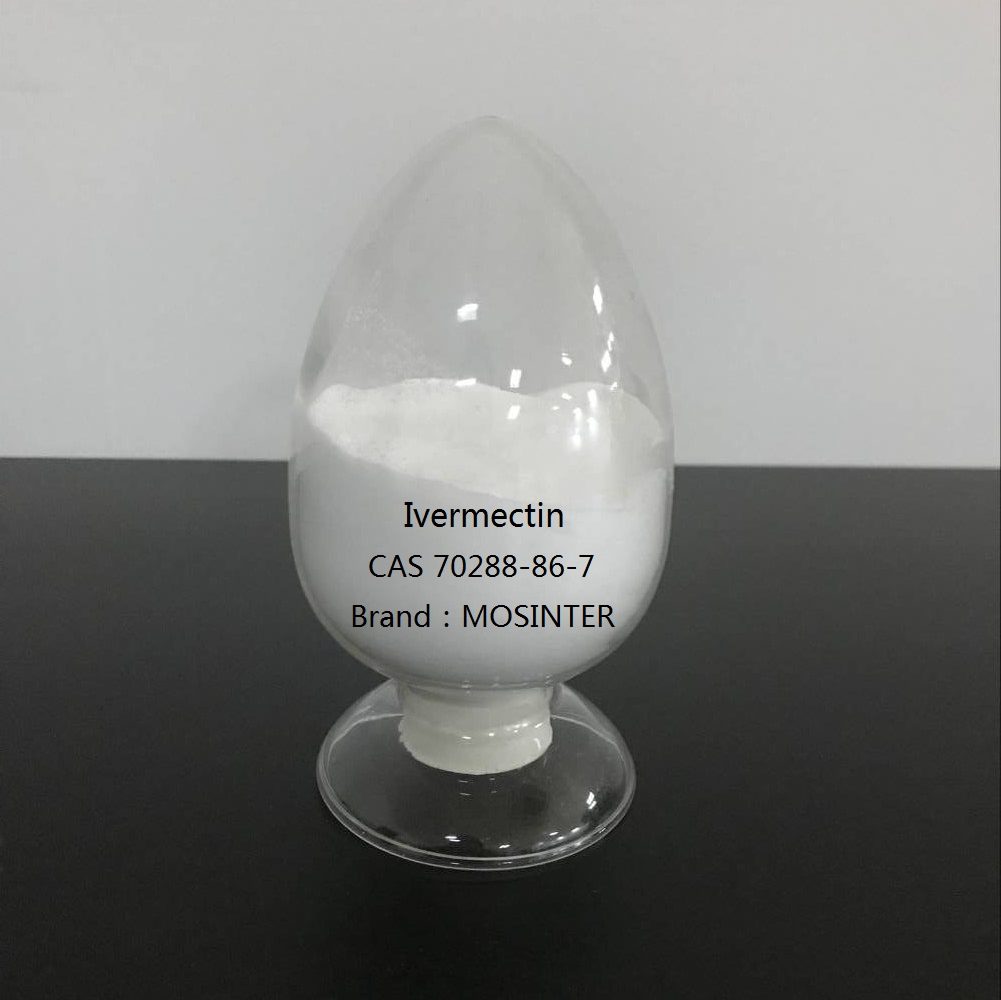
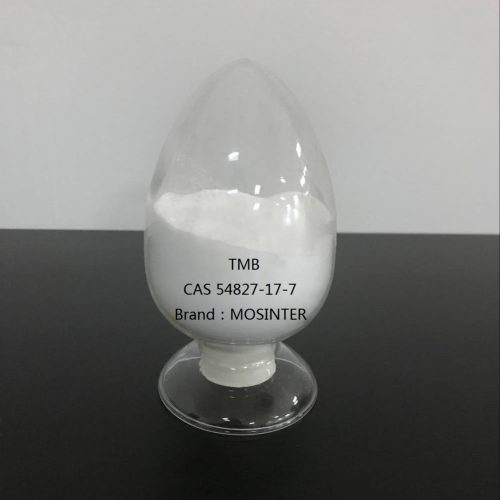
Reviews
There are no reviews yet.